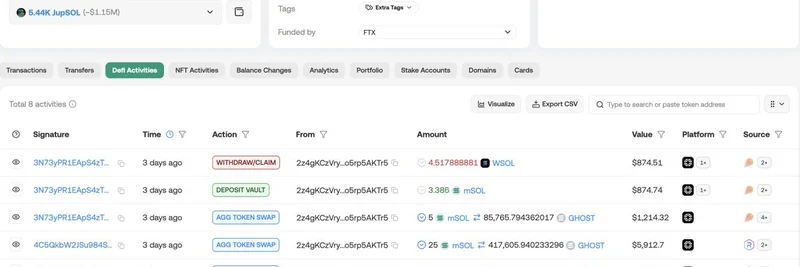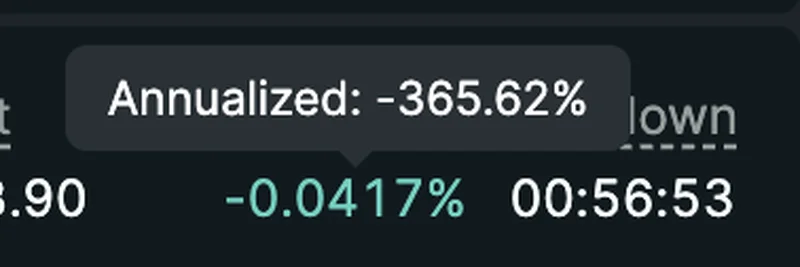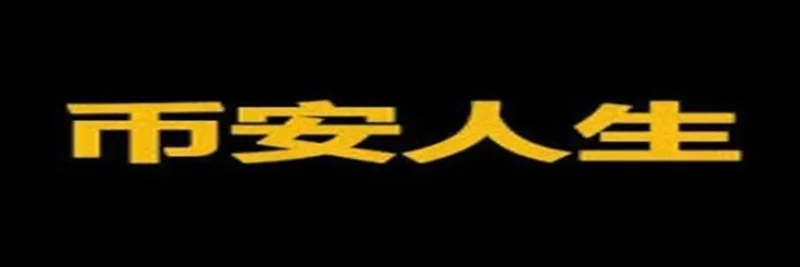In the fast-paced world of cryptocurrency, understanding regulatory landscapes is key to smart investing—especially for those dabbling in meme tokens. A recent clip from The Rollup podcast featuring Les Borsai, co-founder of Wave Digital Assets, sheds light on the nuances between federal and state-level approaches to crypto. Posted on X by @therollupco, the discussion highlights strategic opportunities that could influence everything from institutional funds to viral meme coins.
Who is Les Borsai?
Les Borsai is no stranger to innovation. As a serial entrepreneur based in Los Angeles, he's transitioned from music promotion and management to becoming a key player in the crypto space. He co-founded Wave Digital Assets, an SEC-registered investment advisory firm specializing in digital asset management for institutions and high-net-worth individuals. With experience in early-stage crypto investments and blockchain advisory, Borsai has spoken at major events like the Milken Institute Global Conference and the Global Conference on Criminal Finances and Cryptocurrencies. His expertise makes him a go-to voice on how regulations are evolving in the digital asset ecosystem.
Key Insights on State vs. Federal Crypto Receptivity
In the clip shared on X (view the post here), Borsai responds to a question about whether states are as open to crypto as the federal government appears to be. His answer? "There's a big difference."
He emphasizes the beauty of the U.S. system: with 50 states, each at varying levels of crypto adoption, investors and entrepreneurs don't need to conquer them all. "The cool thing about the States is there's 50 of them and they're all different at different levels," Borsai explains. Instead of chasing broad federal approval, he suggests targeting a handful of progressive states. "I don't really need to do all 50 states, but if there's five that are interesting, I'll start with five."
This approach is particularly relevant for meme token enthusiasts. States like Wyoming, Texas, and Florida have shown pro-crypto stances, enacting laws that facilitate blockchain businesses. For meme tokens—which often thrive on community and rapid adoption—these state-level differences could mean easier launches, better tax treatments, or even state-backed initiatives that boost liquidity. On the flip side, stricter states might impose barriers, affecting where projects base operations or how U.S. investors participate.
Borsai also touches on the recent "crypto summit," questioning its immediate value: "When everyone clamored to the crypto summit, I don't know what they thought they were going to get out of it." This nod to high-profile events underscores a pragmatic view—real progress might come from grassroots state engagements rather than splashy federal gatherings.
Innovative Ideas: Digital Reserves and Municipal Bonds
Another clip from the same interview (check it out here) reveals Borsai's forward-thinking ideas on state-held crypto assets. "The digital reserve is great if you're holding assets and allowing them to appreciate," he says. But why stop there? He proposes rebalancing these holdings into trusts and issuing municipal bonds to secure low-cost debt for states.
"Put them in a trust, and issue municipal bonds so the state can bring back low-price debt," Borsai suggests. "Opening up the debt market with crypto is really what I'm focused on."
Imagine states like those holding Bitcoin or Ethereum reserves extending this to diversified portfolios, potentially including high-volatility assets like meme tokens. While meme coins aren't typically institutional darlings, tokens like MOG (a popular cat-themed meme) or TRUMP (tied to political memes) appeared in the podcast's ticker, hinting at their growing visibility. If states experiment with such assets, it could legitimize meme tokens further, attracting more investors and stabilizing prices through structured financial products.
What This Means for Meme Token Investors
For blockchain practitioners and meme token holders, Borsai's insights offer a roadmap. Meme tokens often face regulatory scrutiny due to their speculative nature, but state-level variances provide wiggle room. Investors in states with friendly laws might enjoy tax advantages or easier access to DeFi platforms hosting memes.
Moreover, ideas like crypto-backed municipal bonds could bridge traditional finance and the meme economy. If a state issues bonds secured by a basket of digital assets—including memes—it could introduce institutional money to these fun, community-driven tokens, potentially sparking the next bull run.
As the crypto space matures, keeping an eye on state policies will be crucial. Borsai's conversation on The Rollup reminds us that while federal headlines grab attention, the real game-changers might be happening closer to home.
Stay tuned to Meme Insider for more updates on how regulations are shaping the meme token landscape. If you're into blockchain tech, check out our knowledge base for tips on navigating these evolving rules.



